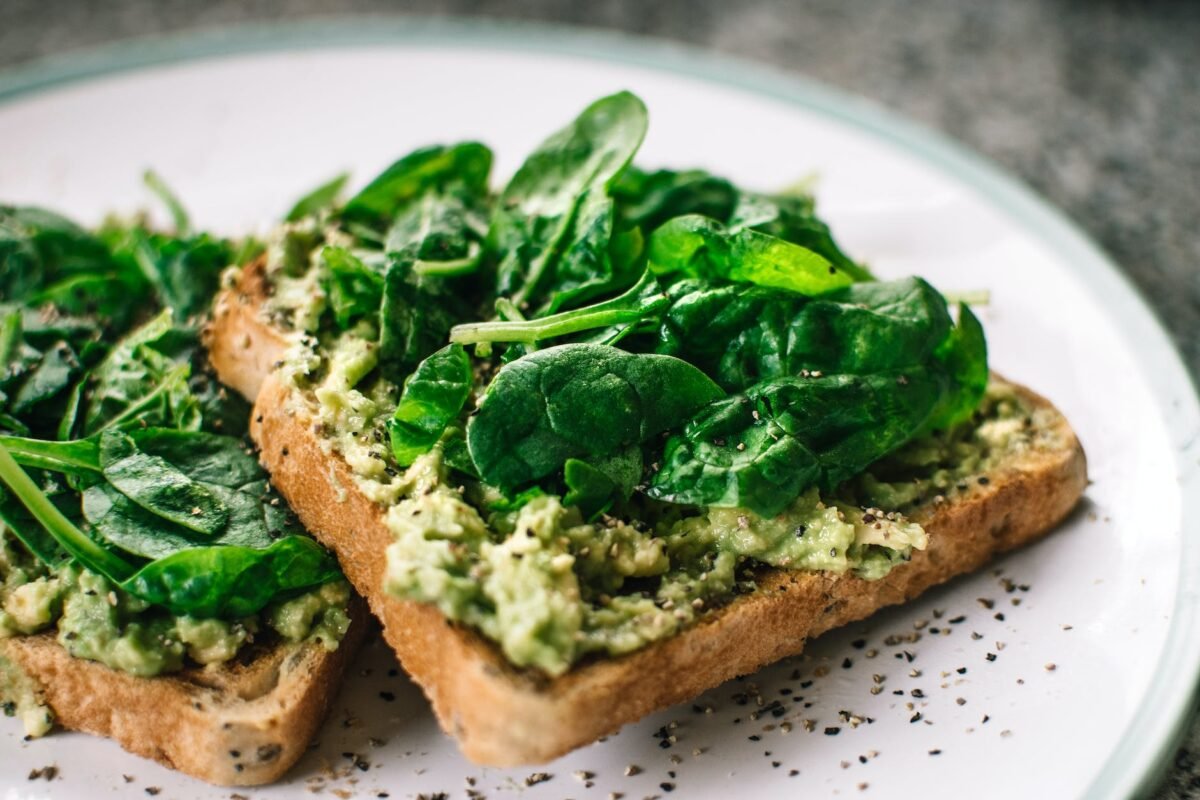Articles
Vegetarianism vs. Veganism
Vegetarianism and veganism are two dietary lifestyles that have grown in popularity in recent years. While both vegetarians and vegans avoid eating meat, there are key differences between the two diets.
Vegetarianism is a diet that excludes meat, fish, and poultry, while allowing for the consumption of eggs and dairy products. There are several types of vegetarians, including:
- Lacto-ovo vegetarians, who consume dairy products and eggs but not meat, fish, or poultry.
- Lacto vegetarians, who consume dairy products but not eggs, meat, fish, or poultry.
- Ovo vegetarians, who consume eggs but not dairy products, meat, fish, or poultry.
Veganism, on the other hand, is a dietary lifestyle that excludes all animal products, including meat, fish, poultry, dairy, eggs, and honey. Vegans also avoid products that are made from animal byproducts, such as leather, wool, and silk.
The primary reason people choose to follow a vegetarian or vegan diet is typically due to ethical or environmental concerns. Many people are opposed to the way animals are treated in the meat and dairy industries, and choose to avoid animal products for that reason. Others follow a plant-based diet for health reasons, as research has shown that a diet high in fruits, vegetables, and whole grains can help prevent chronic diseases such as heart disease, diabetes, and cancer.
When it comes to nutrition, both vegetarian and vegan diets can be healthy when properly planned. However, vegans need to pay extra attention to getting enough protein, iron, calcium, vitamin D, vitamin B12, and omega-3 fatty acids, as some of these nutrients are found primarily in animal products. Vegetarians who consume dairy and eggs typically have an easier time getting these nutrients, as they are found in those foods.
In terms of convenience, vegetarianism is often seen as the more flexible of the two diets, as it allows for the consumption of eggs and dairy products. This makes it easier for vegetarians to find options when eating out or when attending social events. However, with the growing popularity of veganism, more restaurants and grocery stores are now catering to vegan diets as well.
Both vegetarianism and veganism are valid dietary lifestyles that can be healthy and sustainable when properly planned. The key is to focus on consuming a variety of nutrient-dense whole foods, and to pay attention to getting enough protein and key vitamins and minerals. Ultimately, the decision to follow a vegetarian or vegan diet is a personal one that depends on individual values, preferences, and health goals.


